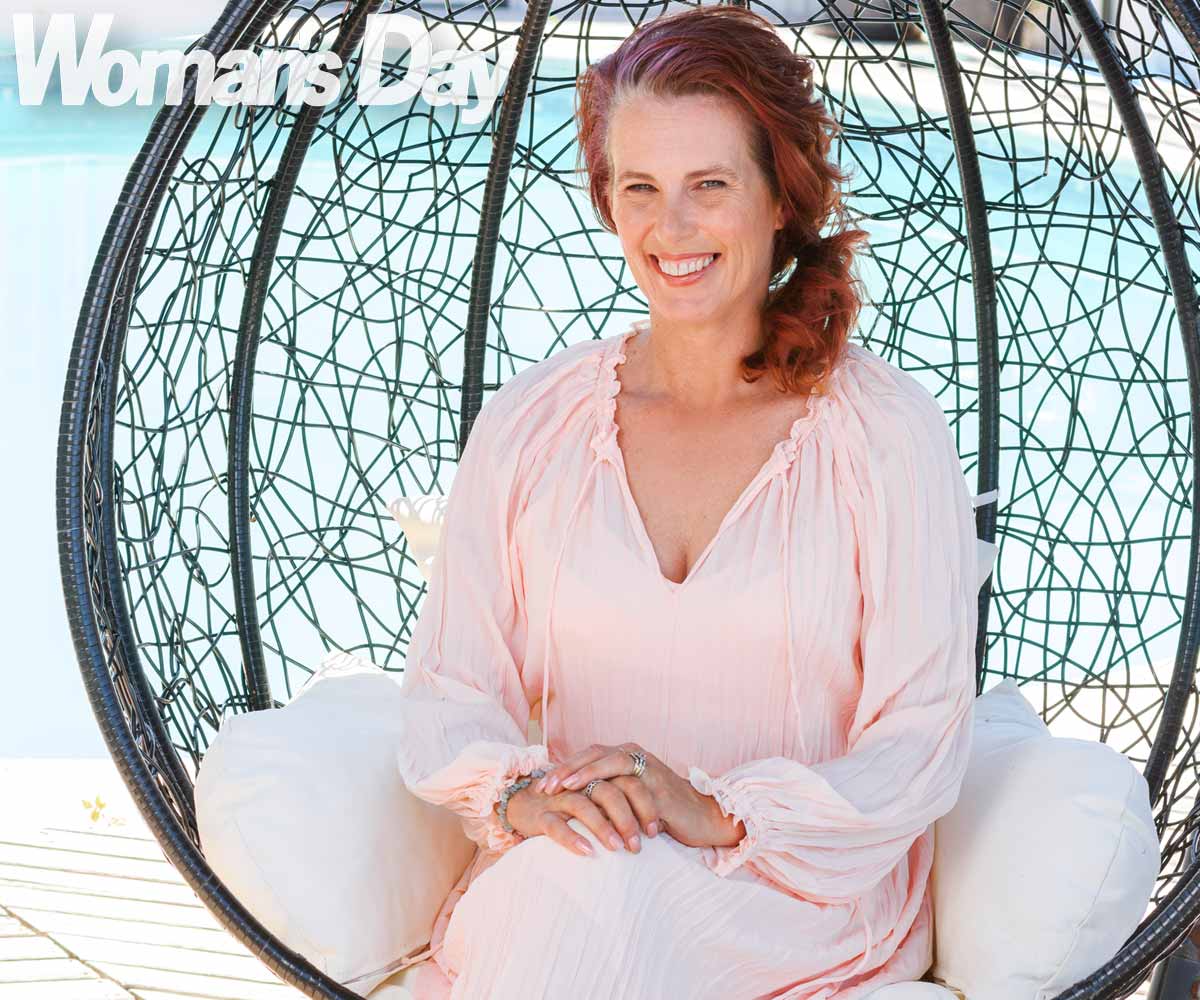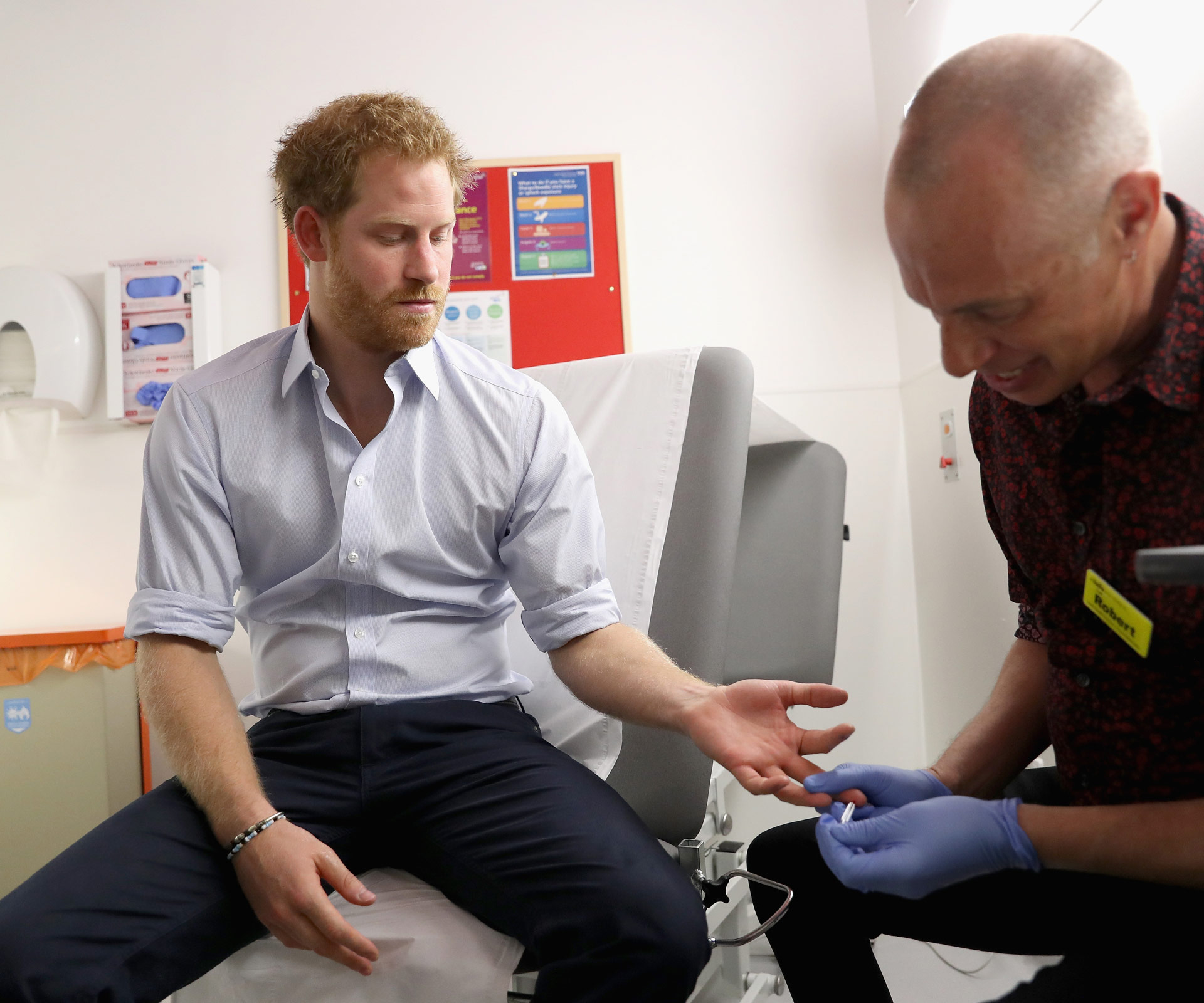Nervously waiting for the doctor to give her results as to why she had been having severe cramps and longer-than-normal periods, Jewel Grimshaw wondered if she had cancer.
Ushered into a side room, the scared 21-year-old never expected to hear the doctor tell her, ‘You’re HIV positive.’
“My whole world stopped,” recalls Jewel, now 43. “All I remember in that moment is thinking that my life was over, that no man would ever love me again and I’d probably die young.
“All I wanted was my mum. So she rushed over to meet me at Auckland Hospital thinking I was going to tell her I was pregnant. When I told her I had contracted HIV, it was a huge shock and she cried with me and kissed away my tears. Then we freaked out, mistakenly thinking she could catch it from that.
“I didn’t know of any other heterosexual people who had it, other than little Eve van Grafhorst (one of the first Australian children to be infected with HIV) via a blood transfusion.”
Now two decades on from the upsetting diagnosis – after having battled depression and meth addiction – Jewel is healthy, drug-free, and engaged to be married and enjoying the happy-ever-after she never thought was in her future.
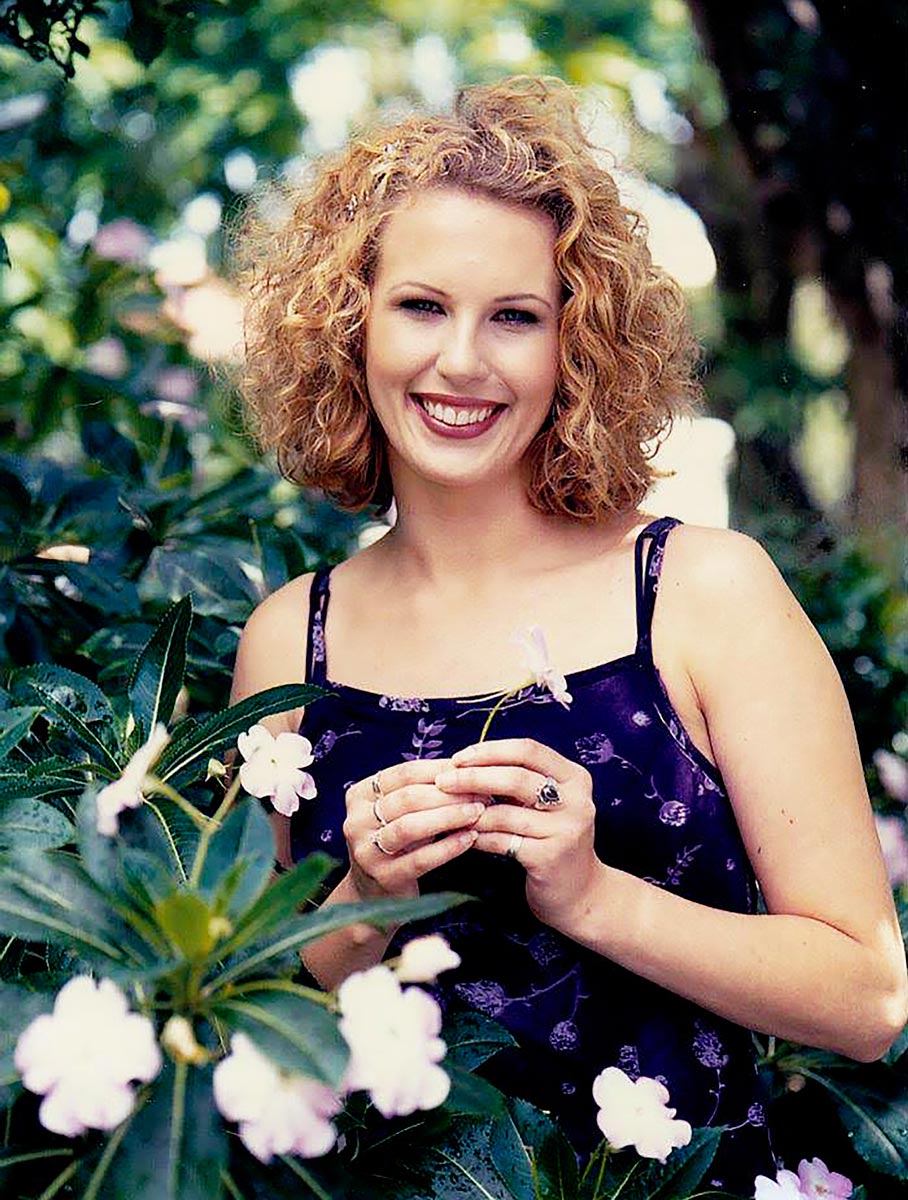
Jewel at age 23, two years after being diagnosed.
The level of HIV in her body is also so low that doctors haven’t detected any of the virus for 15 years.
Rather than hiding her status, the traffic control operator has always been upfront about it and wants to share her story to improve public awareness for International Aids Day on December 1.
Choosing to be open has meant continually facing the stigma of it, though.
A dentist has refused to treat her. Parents with young children have left barbecues she’s attended, in fear they were at risk from her. Offers of employment have been withdrawn.
Tells Jewel, “There’s so much miseducation out there. Some people have told me I deserved to get HIV as I must have been promiscuous to contract it.
“Or some didn’t believe I even had it because I didn’t fit the stereotype: I’m a straight woman who’s never been a prostitute, never used needles or had any blood transfusions.
“I caught it from my first love who I met at 16 and we stayed together until I was 20.”
That teenage boyfriend was one of the first people she called after telling her family of the diagnosis.
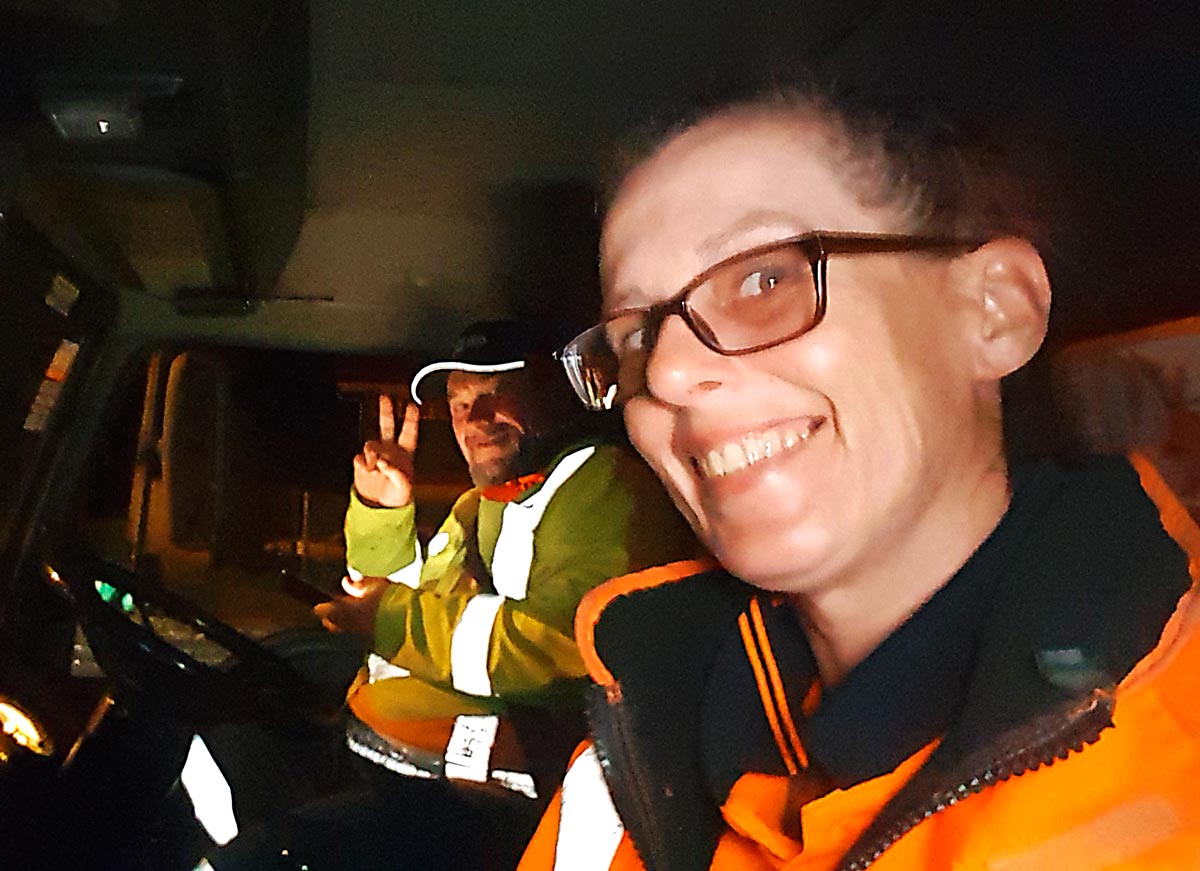
On the job with Glen.
Unaware of being a carrier, a test two months later showed he had Aids.
“He never thought he’d have it,” says Jewel, who still keeps in occasional contact with him.
“It changed our lives, but today he’s married and keeping in good health.”
Currently, around 3500 people in New Zealand are estimated to be living with HIV. Last year, 178 people were diagnosed with the virus that damages a person’s immune system and interferes with the body’s ability to fight organisms that cause disease. Jewel takes medication in the form of one pill, once a day.
“When I go for job interviews, I tell employers my status, so they’re aware I have a low immune system, but that it doesn’t affect my ability to do my job,” says Jewel, speaking from her home near Leigh, north of Auckland.
“Once, after I’d been offered a role, I told the manager my status and they said, ‘Look, we’re going to have to talk to the other directors in the company.’ They came back and withdrew the offer, saying, ‘There’s lots of women who work here and there’s a chance you may pass it on by sharing the women’s toilets.’
“I took them to the Human Rights Commission and won my case, along with getting something written in their Health and Safety procedures about HIV.”
Beginning a new career in traffic control in May 2018, Jewel met her now fiancé, Glen Porter (48), at work.
“We were just friends for about nine months and were on a job together one night when a girl came on site and physically attacked me. He came rushing to my aid and the rest is history,” she smiles.
“I’ve finally met a guy who doesn’t see my HIV as a barrier.”
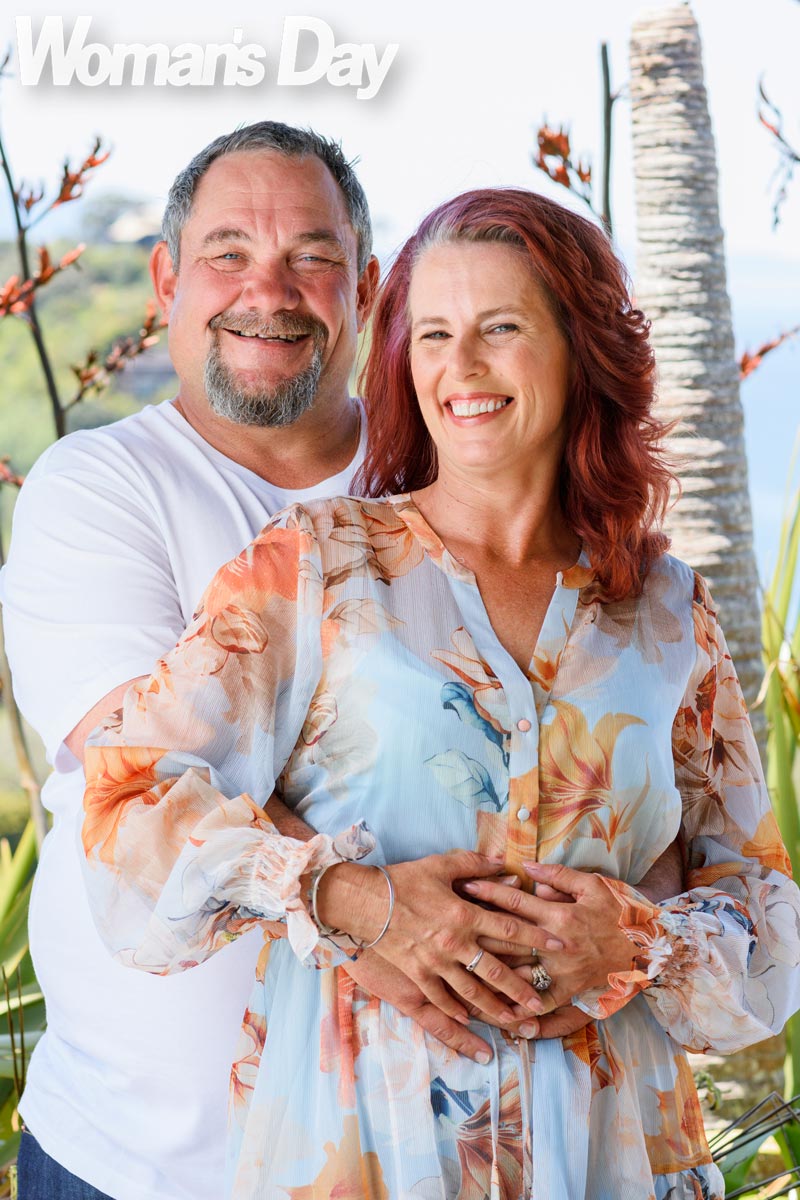
Glen proposed to her on Christmas Eve last year and for Jewel, it’s a dream come true.
She explains, “I’ve always wanted to get married, but I’ve never had someone in my life like him. I did have one tumultuous long-term relationship, where I had major depression and got addicted to meth because I was punishing myself.
“With my job and my fiancé, I can’t believe how good life is now without meth! I wish I’d had children, but I’m happy being an aunty and a cat lady.
“HIV doesn’t define me. I live it with and some days I even forget that I have it.”
Her biggest message is that HIV doesn’t discriminate.
“H stands for Human. It doesn’t stand for homo-sexual or heterosexual. If you’re a human, you can get it.
“I’ve got a sister who has type 1 diabetes and I’ve watched her go through hell and back with it. I’d rather have HIV than that. I’m not scared of it anymore. I thought it was going to ruin my life, but it hasn’t.”
Busting HIV myths
✦ HIV is not spread by day-to-day contact with other people.
✦ The virus is not spread through shaking hands, hugging or kissing.
✦ You cannot become infected from a toilet seat, a door knob, dishes, drinking glasses, food or cigarettes.
✦ HIV can only be transmitted by unprotected sexual intercourse, sharing needles, breastfeeding or direct blood-to-blood contact with an HIV-positive person.
Source: New Zealand AIDS Foundation
